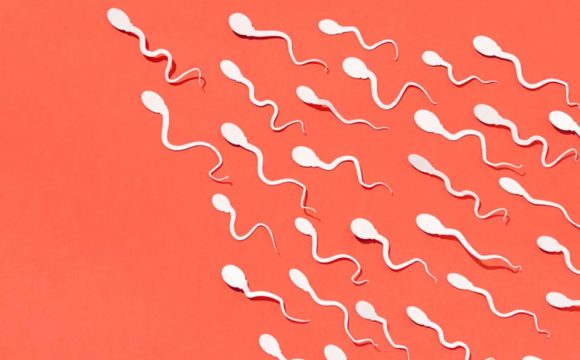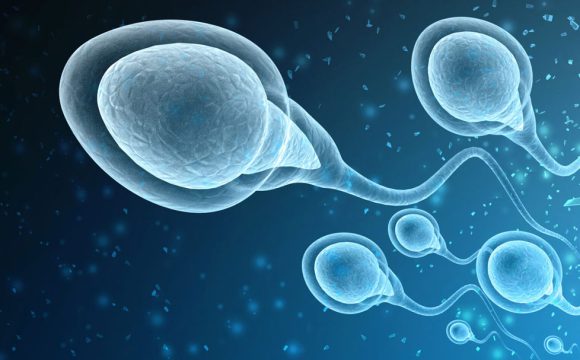Digital high magnification of sperm is a technique used to evaluate sperm quality and function at a higher level of detail. It involves the use of a microscope and specialized software to magnify and analyze sperm under high magnification.
Male Fertility Treatments
At Alcove Fertility Center, we offer a range of male fertility treatments to help men overcome fertility challenges and achieve their goals of starting a family.
Our male fertility treatments include medication, surgery, and assisted reproductive technologies (ART). Medications, such as testosterone replacement therapy and clomiphene, may be used to improve sperm production and function. Surgery, such as varicocele repair or sperm retrieval, may be used to address physical problems that affect fertility. ART, such as in vitro fertilization (IVF) and intracytoplasmic sperm injection (ICSI), may be used to help men with low sperm counts or poor sperm quality.
Our team of fertility specialists will work with you to understand your fertility goals and help you determine the best male fertility treatment option for your needs. We are committed to providing the highest level of care and support throughout the process.
Understanding fertility in men
Conceiving a healthy baby depends on a number of factors, including healthy sperm. In fact, male infertility is the second biggest issue after a woman’s age so it’s important to understand how the male reproductive system works.
Male factor infertility affects around half of all infertile couples, the good news is that the most common causes of male infertility are easily diagnosed, and most can also be treated.
Sperm production starts in the testes, where the hormone testosterone is also produced. An average of 100 million sperm are produced every day in healthy young men. After sperm is produced, it will need to travel along a long channel system starting at the epididymis, where they mature along the way, before exiting via the ductal structures called vas deferens and then out the urethra as part of the ejaculate. The entire process of sperm production and maturation takes just under 3 months. Any serious illness may affect sperm production for up to three months.
A sperm consists of the head, tail and mid-piece sections. To successfully fertilize an egg, the sperm will need to be able to move its tail (motility) to propel itself through cervical mucus to then travel through the uterus and fallopian tube to reach the egg. It will also need to be normally shaped in order to penetrate the outer shell of the egg to deliver its genetic package contained in the head.
There are four key components necessary to achieve satisfactory sperm production and a pregnancy:
- Normal hormonal stimulation from the pituitary gland
- Normal sperm production in the tubules of the testes
- An unobstructed sperm pathway
- Effective natural sperm delivery

Semen Analysis
Semen analysis evaluates male fertility and helps identify potential causes of infertility. It involves examining a semen sample to assess the quantity, quality, and motility of sperm.

Vasectomy reversal
Vasectomy reversal restores fertility in men who have had a vasectomy by reattaching the vas deferens. It is typically performed using microsurgery and the success depends on various factors.


